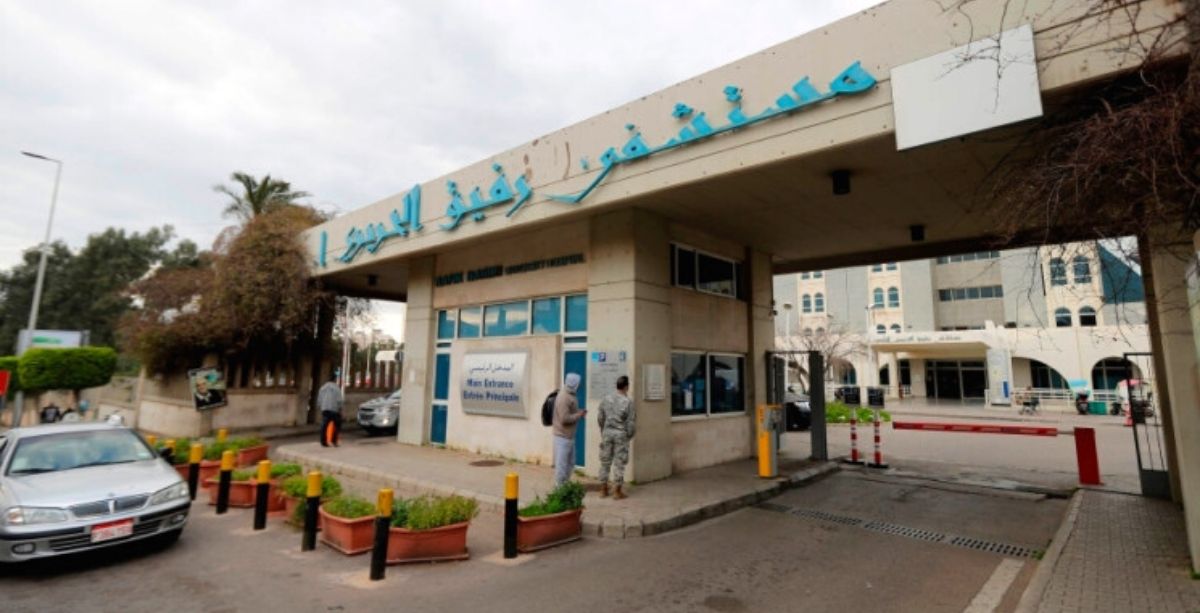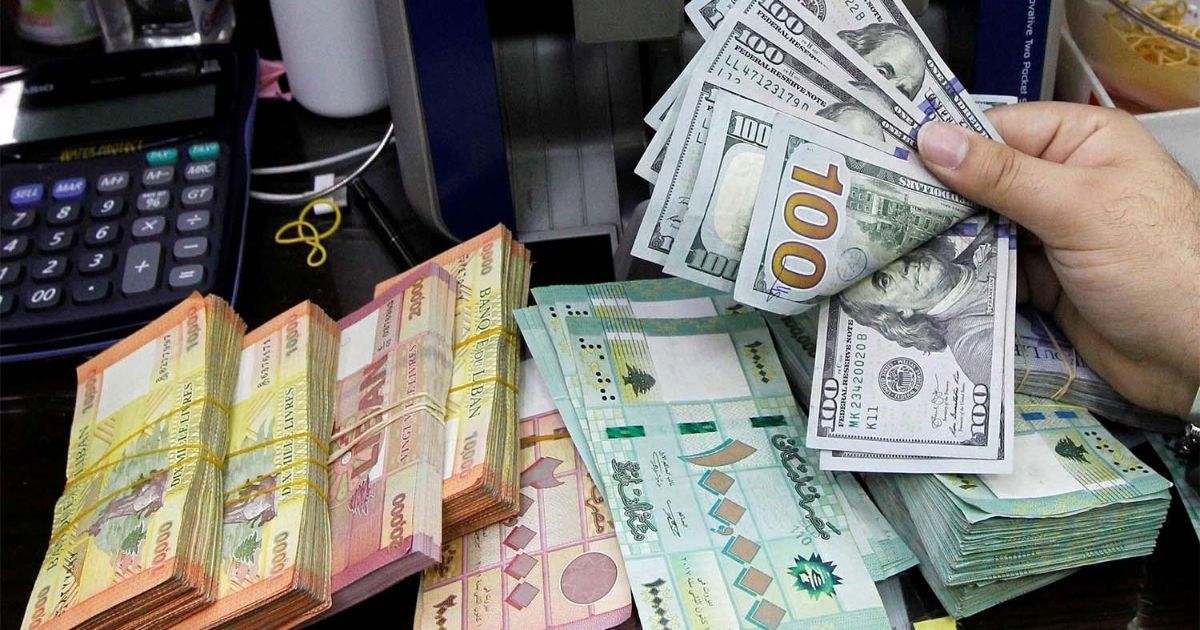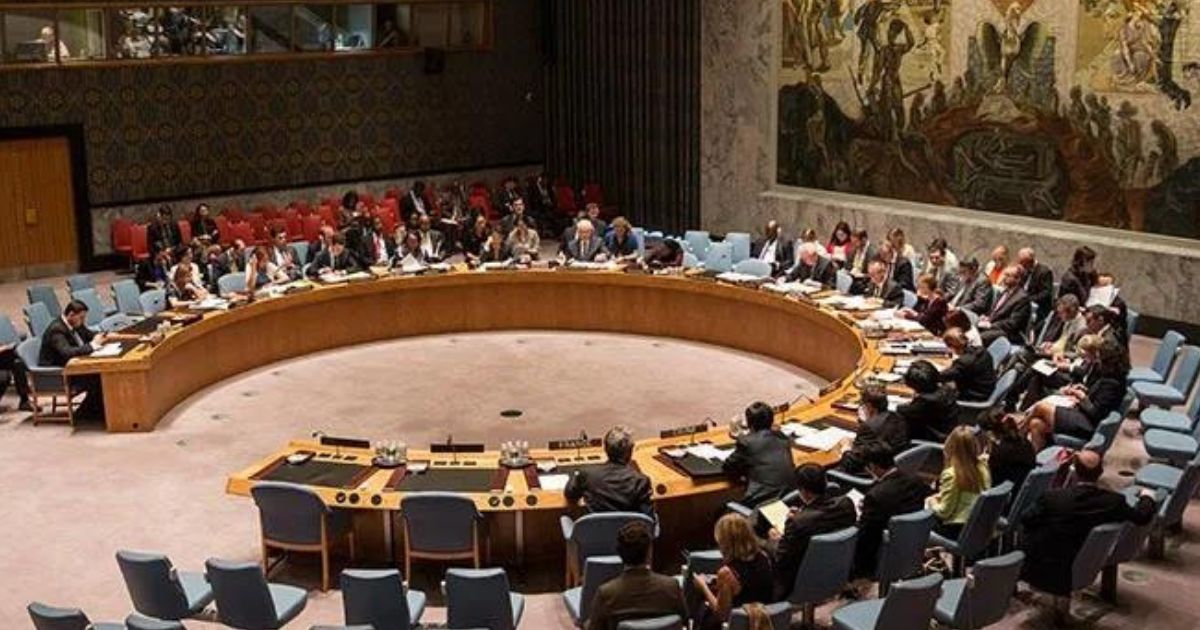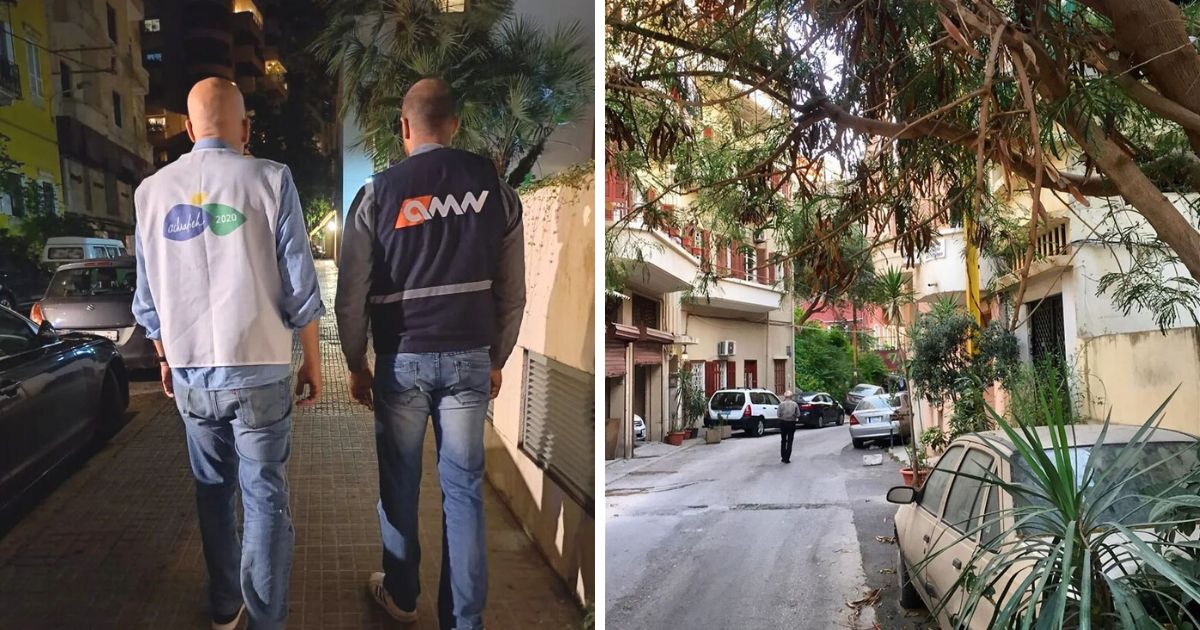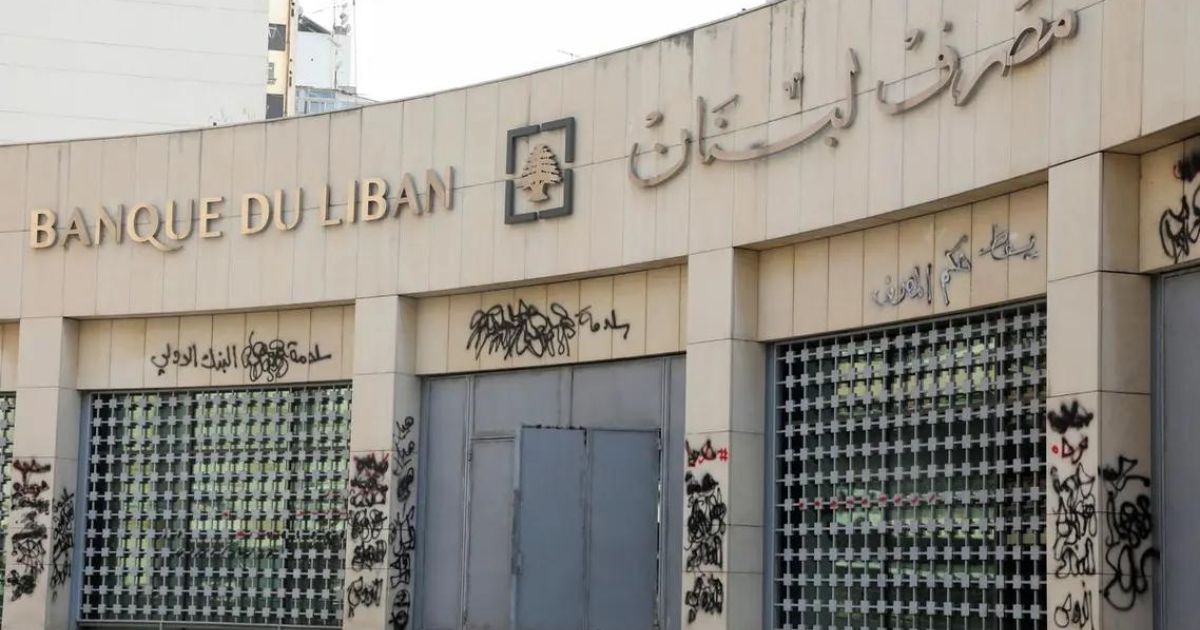Lebanon’s water supply stations are facing collapse as a result of the worsening economic conditions, according to UNICEF.
More than four million people in Lebanon are at immediate risk of losing access to safe water, UNICEF said in a report on Friday.
According to UNICEF estimates, most water pumping stations will gradually cease operations in Lebanon over the next four to six weeks.
Public water systems are being pushed to the brink by a variety of factors under the umbrella of the economic crisis, including the high cost of maintenance and spare parts, the consistent blackouts, and the skyrocketing fuel prices, according to UNICEF Representative in Lebanon Yukie Mokuo.
“A loss of access to the public water supply could force households to make extremely difficult decisions regarding their basic water, sanitation, and hygiene needs,” Mokuo said.
The collapse of the public water sector would cause costs of securing water to soar by 200% a month, due to the reliance on private suppliers that would ensue.
This would be another cost that many families in Lebanon, where more than half of the population is living below the poverty line, cannot handle.
The sector is now “on life support and could collapse at any moment,” Mokuo said, stressing that urgent action is needed to allow hospitals, schools, and other essential public facilities to function, on one hand, and to save more than four million people from being forced to resort to unsafe or costly alternatives, on the other hand.






